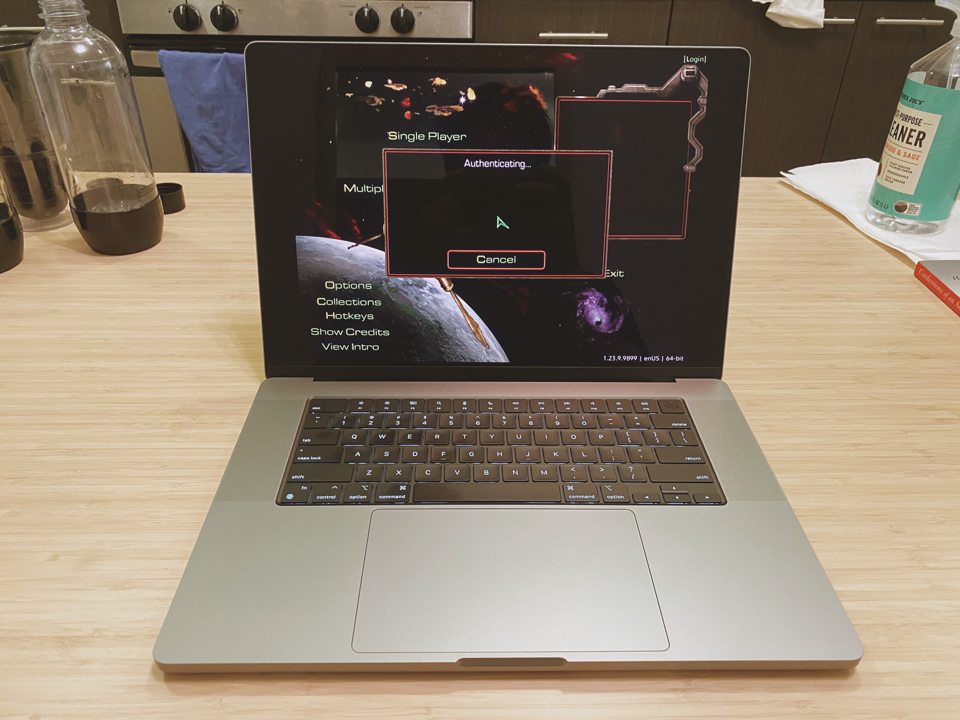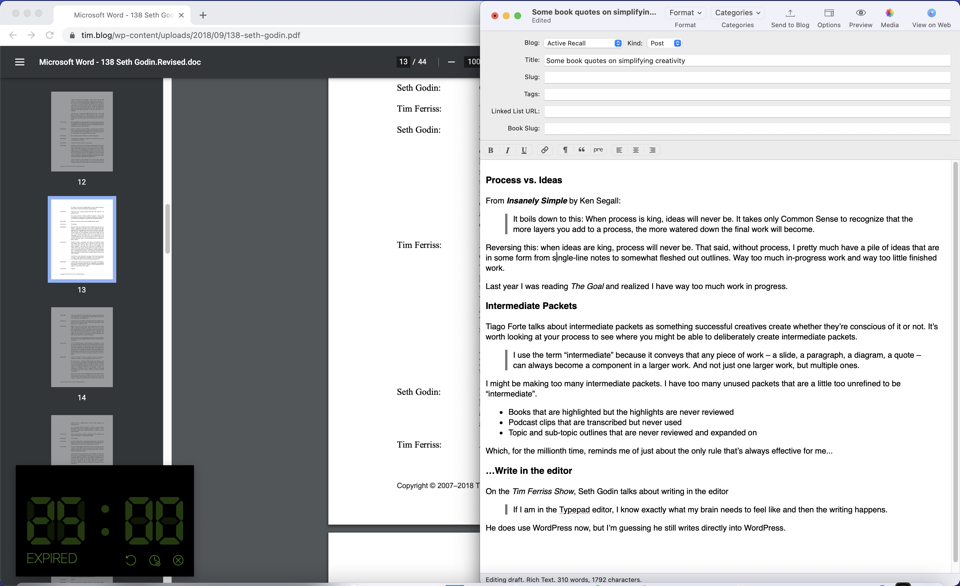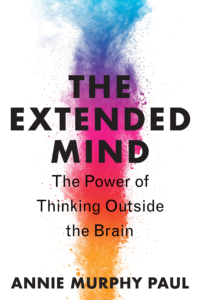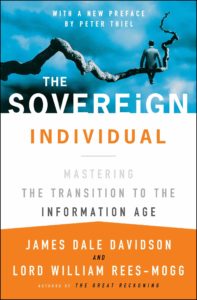Good podcast about where AI might be going. They talk about how general AI might be a thing that requires so much computing power that only a few of them exist in the world, how science fiction is not always an accurate prediction but good for thinking about where we might be headed, and how NFTs and related blockchain technology will become more important as authenticity becomes more and more fuzzy.
With the progress of technology, it’s important to balance augmentation and replacement. Humans can augment themselves and unlock more productivity and creativity. But if all human work was replaced (rather than just augmented) by machines, then it could lead to a population of purposeless people.
Not everyone is going to say “oh cool, I don’t have to work anymore, I’ve always wanted to be an artist”.
Connecting it to some things in the info diet lately—aka connecting it to Dune somehow as I’ve made it my mission to tell everyone to go watch Dune—there’s a part in the book (which I’ve only started reading) mentioning that super computers were banned at some point.
“Once, men turned their thinking over to machines in the hope that this would set them free. But that only permitted other men with machines to enslave them.”
“‘Thou shalt not make a machine in the likeness of a man’s mind,’”
— Dune
Which I imagine has crossed Tim Ferriss’s mind because he’s quoted the “Fear is the mind killer” passage in his 5-bullet Friday newsletter a couple times.
They also discuss some of the trolley problems that will become more and more relevant as fully autonomous vehicles come closer to reality and the mainstream.
One example that doesn’t involve weighing the value of a baby’s life against old people’s: If your car speeds and gets a ticket, do you get the ticket or does the car manufacturer get it or…









